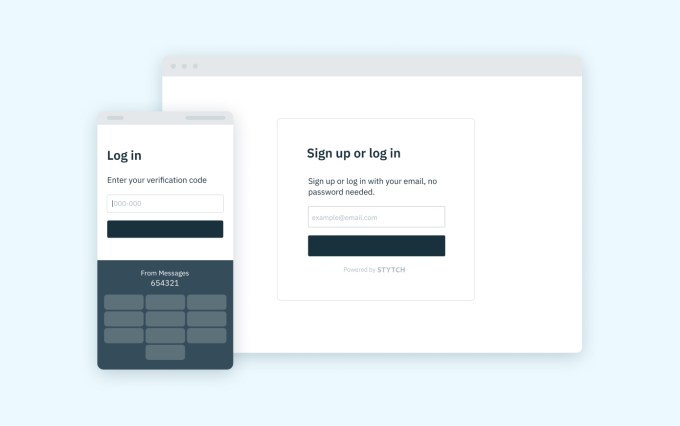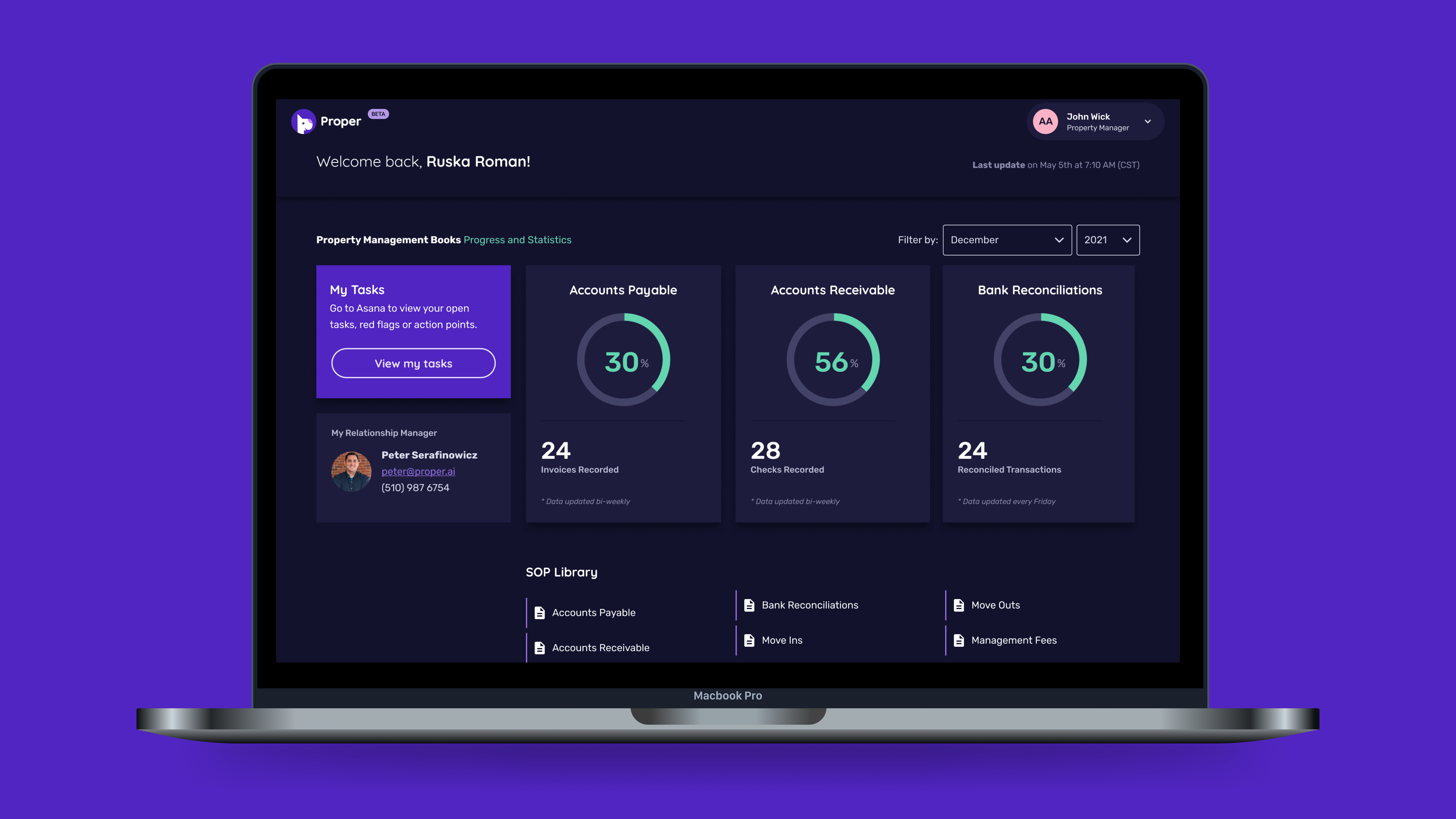- July 14, 2021
- by:
- in: Blog
Another US femtech startup has joined the race to build up data-sets to support research into and understanding of a range of health issues that can affect women. Evvy has today launched an at-home test kit for the vaginal microbiome. The user returns their swab to the startup for analysis — and gets detailed information
Another US femtech startup has joined the race to build up data-sets to support research into and understanding of a range of health issues that can affect women.
Evvy has today launched an at-home test kit for the vaginal microbiome. The user returns their swab to the startup for analysis — and gets detailed information and analysis of the microbes (fungi and bacteria) that are present in their vagina and may be associated with a variety of health concerns.
Users of the test also get personalized suggestions for things they could try (such as diet and lifestyle changes) to improve the balance of microbes — potentially helping with related heath issues they may be suffering from, like yeast infections or BV.
Variances in the microbes present in an individual’s vaginal microbiome are thought to have broad implications for women’s health — playing a role in relatively minor infections (like thrush) but Evvy also flags research linking imbalances in the vaginal microbiome to more serious issues like infertility or pre-term birth, or even linkages to the progression of cervical cancer.
Decoding the vaginal microbiome is thus seen as an opportunity to support a broad range of women’s health goals.
“We give users back a full understanding of everything that’s present. So here are all of the bacteria and fungi and importantly what is the relative amount of each of those bacteria,” explains CEO and co-founder Priyanka Jain, noting that users also get their test data in a downloadable format so they can take the information to their healthcare provider if they wish.
“There are certain bacteria that play really important roles in the vagina, either positive or negative, and understanding if that’s 90% of your vagina vs 5% makes a big difference… For every single microbe that we show to a woman we also fully explain what that microbe is, what the scientific understanding of it is today, how it might contribute to symptoms, how it might be behaving with other microbes that exist in your vagina — as well as if research has shown that it’s related to any health outcomes that you might care about.”
“We also give every woman a full personalized plan — that includes ways to help reduce any type of disruptive bacteria, ways to promote their protective bacteria and ways to overall maintain their vaginal health based on their personal life experiences,” she adds.
As with many such femtech startups, Evvy is targeting the women’s health data gap. This refers to how women can have a relatively poor experience of traditional healthcare, perhaps especially when seeking help or support with conditions related to female biology, because of historic under-representation of women in medical research — which means female health conditions tend to be less well researched and understood vs conditions affecting biological men.
Even relatively common conditions which can affect the vagina — such as a simple yeast infection — can be frustratingly difficult to connect to individual triggers. And while over-the-counter treatments do work, some women report recurrent infections — and may benefit from a better understanding of why the infections may be occurring in the first place.
The problem of less research into women’s health issues does also mean that femtech startups can have a lot of ground to cover to live up to enticing pitches of ‘demystifying’ the female body, as Evvy couches it. In its case, a key challenge is clearly analyzing the vaginal microbiome data it gets from users and turning it into useful recommendations for each person — without overpromising, given there may be relatively little research to back up possible links to wider health conditions.
Evvy says it tackles this challenge by signposting the level of research associated with each of the personalized suggestions it offers.
“I always say treat women like they’re smart,” says Jain. “What we actually do on each of our recommendations is we rate them. So they’re either rated as ‘novel’, ’emerging’ or ‘established’. And we show the women this is the research that exists on this type of treatment [and how relevant it might be to them personally — based on] if it was done on people that resemble you enough that you are actually interested in what the results are.
“Our goal is to highlight everything that’s out there. Because women are… looking for answers everywhere — and you see this kind of amazing crowdsourcing of knowledge, of people trying to figure out what might work for them — and our goal is to say, from a scientific perspective, this is everything that has been studied and we are actually just transparent about how well researched each of those things are.”
Jain says wider research-related goals include trying to identify biomarkers with suspected links to a swathe of serious female health issues — such as infertility, preterm birth, STI acquisition and cervical cancer progression.
Although it’s important to note that Evvy’s commercial offering comes with a disclaimer that it’s not providing medical advice — and is only selling a “wellness” test for now. This is because the service is not a regulated medical device. Hence Evvy specifies it’s only providing customers with “information” about their vaginal microbiome (although the co-founders told us they may consider applying for FDA clearance in the future).
The gap in knowledge around female health issues has led to a proliferation of ‘wellness’ claims and products targeted at women — some of which are, unfortunately, peddling what amounts to ‘snake oil’; i.e. selling products that lack rigorous scientific research to underpin a fuzzy range of ‘holistic benefits’ suggested by the associated marketing (crystal-healing yoni eggs, anyone?).
Being in the unregulated ‘wellness’ category therefore has risks for any femtech startup. But Evvy also sees an opportunity to cut through some of the noise and dubious claims by arming women with robust data on what’s going on in their bodies and connecting them with genuine scientific expertise that can help them interpret it.
Education is a key goal for the startup, per CMO Laine Bruzek.
“How can we bring the scientific community, care providers and women together in the same place to get their questions answered quickly and with the best scientific information… Education is just such an important goal for us because there’s not a lot of great information that exists on the Internet,” she says.
“Not just about your vaginal microbiome — which is sort of a new and emerging space — but just vaginal health in general. There’s so much misinformation, there’s so much snake oil that people are selling. So we want to make sure that we have, not just a chance to bring the women together, but that we give them access to people who are pushing the bounds of vaginal health research so that they can get the best information when they need it.”
Evvy’s approach — which includes bringing in OBGYNs and experts in gynecology & reproductive health as advisors (although the founders themselves have data science and product design backgrounds) — has attracted some top-tier investors: Today it’s announcing a $5 million seed round led by General Catalyst which will see the fund’s Margo Georgiadis (formerly the CEO of Ancestry.com) join the board.
Commenting in a statement, Georgiadis said: “Evvy is breaking boundaries to advance women’s health with more affordable and comprehensive testing starting with its vaginal microbiome metagenomics test. The team has bold plans to enable greater early detection, improved treatment, and enhanced therapeutics using new female-specific biomarkers.”
“There is a huge opportunity to build new datasets that will transform our understanding of these conditions in the female body, and I truly believe that Evvy’s unique platform combined with the development of new therapeutics will catalyze a new era in women’s health,” added Dr. Craig Cohen, professor of obstetrics, gynecology & reproductive sciences at UCSF and advisor to Evvy in another supporting statement.
Evvy is not the first startup to sell a home testing kit for the vaginal microbiome, targeting women who may be suffering from conditions related to microbial imbalances, or — well — just women who want to learn more about their own bodies.
Juno Bio, for example, launched an at-home test kit last year.
But Evvy is using a technique — called metagenomic sequencing — which the founders say is able to capture more data than other commercial tests, or the typical tests a woman is able to obtain via a doctor’s office (where scans may only look for a few specific pathogens). So the pitch is the approach provides a higher fidelity view of what’s going on inside a woman’s vagina.
“A lot of the work that we’ve done is specifically incorporating what’s called metagenomic sequencing into the analysis of the vaginal microbiome,” explains Jain. “When you go to the doctor’s office the type of test that they can run is what’s called a PCR test — essentially they take a sample and they look for a specific pathogen within that sample. So oftentimes when you go to the doctor you’ll get a PCR test that looks for one to three different individuals pathogens.
“Since then there have been a few iterations of improvements on that done by other companies. Some are not using what’s called 16-S sequencing — which is a form of amplicon sequencing — which is definitely a large step up from PCR but the downside is it’s only able to look at certain variable regions of the genome. And you actually have to pre-define what you’re looking for. So it’s much harder to do discovery and you’re not able to find all bacteria and fungi that are present. Because 16-S actually can’t detect fungi at all so you have to separately test for it — which means you can’t understand their relative relationships.
“So our test is really the first time anyone is using metagenomics at scale to better understand the vaginal microbiome; both for individual woman and the healthcare system as a whole… In the same way that 16-S was an improvement on PCR, metagenomics is just an improvement on 16-S; it allows us to understand everything that’s possibly present across all bacteria and fungi.”
Per Jain, the service is the only commercially available vaginal microbiome test that’s able to use metagenomics.
A key part of Evvy’s work as a startup is then the analysis of this higher dimension data it’s capturing — to map different microbes to potential health outcomes (based on its analysis of existing research) — and understand how to interpret individual findings and offer relevant and actionable information to each user.
“A lot of our work has been on the data analysis part,” confirms Jain. “So when you do metagenomics sequencing you get much, much higher fidelity data back — and we had to build out everything from, we co-developed an amazing bioinformatics pipeline that is able to analyze that type of data and understand which bacteria and fungi they are. And then actually mapped out for each of those bacteria and fungi how are they related to the vaginal microbiome? What type of symptoms might they cause, and also what type of health implications might they be related to.
“Lastly we’ve done a tonne of work with our science advisory board around putting together personalized recommendations that take into account — not only the microbial data that we get from the test — but also someone’s health history and their symptoms, and if what stage of menopause they’re in, or all of this other information so that we can actually make this information actionable for the women.”
Once data from paying users starts to flow the idea is also to support a range of Evvy’s own research initiatives and partnerships (on the latter, specific details are being kept under wraps for now) — all aimed at furthering knowledge of women’s health and supporting what they hope will be more products in future.
“There’s been so much research done showing that the vaginal microbiome is for example related to pre-term birth,” says Jain. “When you look at women who deliver early or pre-term, they tend to have very different vaginal microbiomes than women who don’t. But a lot of the sequencing that’s been done in that space has been using things like 16-S — and our goal is to bring a much higher level of fidelity. And so, more specifically, we can look at the strain level of bacteria — whereas 16-S and other forms of sequencing can only get you to the species level. And when we’re looking at something as complex as pre-term birth, cervical cancer progression and STI acquisition it’s not just what’s there — but it’s getting to the very, very high fidelity information of specifically what strains are there. So that we can actually start to discover what are the biomarkers that might be leading to differences between people who deliver pre-term and people who don’t.”
“The other value of metagenomic sequencing is it gives us functional profiling,” she adds. “Which helps us not only understand who’s there but also what they might be doing — and all of that information together is more likely able to help us better understand these complex conditions that research has shown is related but no-one’s been able to figure out exactly how.”
While the overarching goal is that data from users’ vaginal swab samples will support research into a range of women’s health issues, Evvy’s users are also paying for a commercial service to get their individual analysis — so what can they expect?
The at-home swab test kit is being priced at $129 for one test kit — which delivers them with a personalized analysis after two weeks.
Evvy is also offering a membership rate for users who want to be able to carry out multiple tests — to be able to track changes to their vaginal microbiome — and for those users tests will cost $99 each (with the user able to take a test every three months).
As they launch the service across the US’ 20 states, Evvy’s co-founders say they’re hoping “thousands” of women will sign up to quantify their vaginal microbiome and support the wider goal of backing research into female health.
“Why is it that looking at the bacteria in the vaginal microbiome is 94% accurate in predicting whether or not a cycle of IVF works?” asks Jain. “Why is it that women who give birth pre-term have a differing vaginal microbiome than people who don’t? Or the whole cervical cancer progression, STI acquisition, pelvic inflammatory disease.
“There’s so many conditions that seem to be — either the vaginal microbiome is an interesting diagnostic opportunity [or] there’s even some very early research showing that women who have PCOS [polycystic ovary syndrome] or endometriosis have varying markers in their vaginal microbiome from women who don’t have those conditions — so everything from helping to detect disease to helping diagnose things, to helping predict risk for so many of these conditions that often we don’t catch for too long.
“Also thinking about treatment as well — something like IVF success or pre-term birth — if we’re able to identify risk earlier can we actually come up with interventions that are personalized to that individual person so that we’re able to avoid that negative outcome in the long term?”

 Moreover, Acelerate not only licenses its own brands, but works with existing restaurant brands to license out their menus to other restaurant partners.
Moreover, Acelerate not only licenses its own brands, but works with existing restaurant brands to license out their menus to other restaurant partners.





